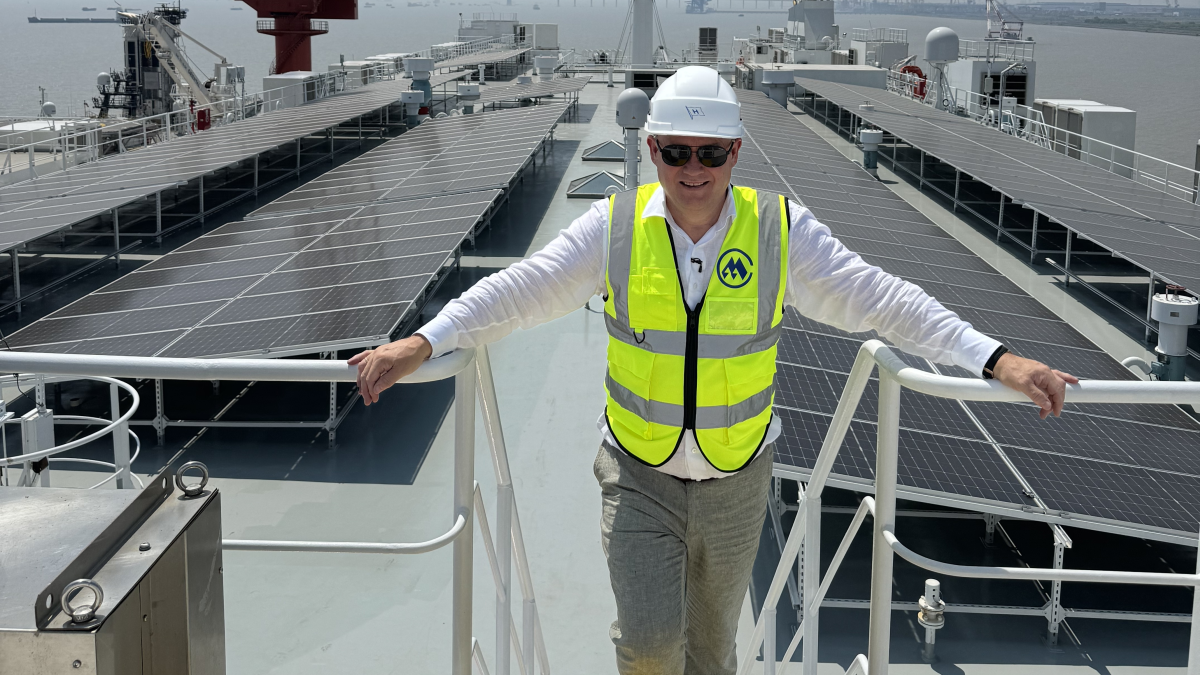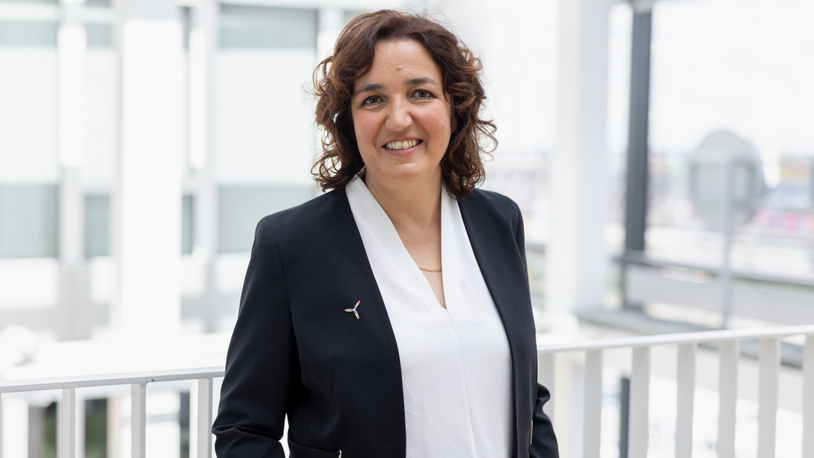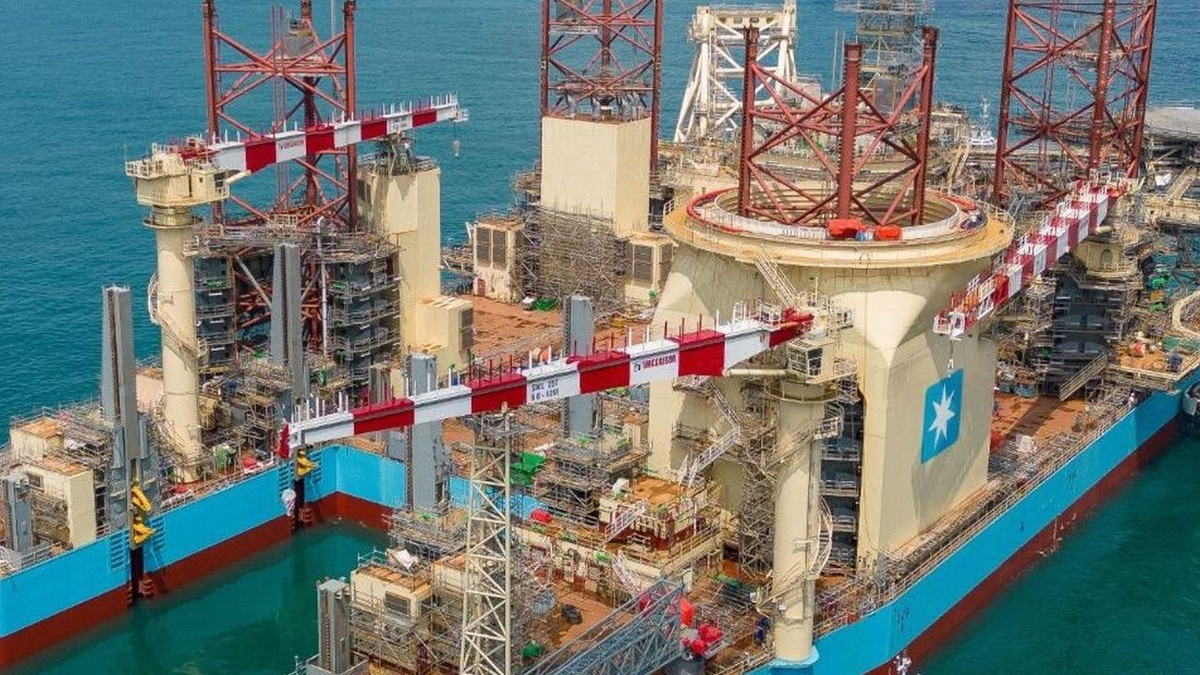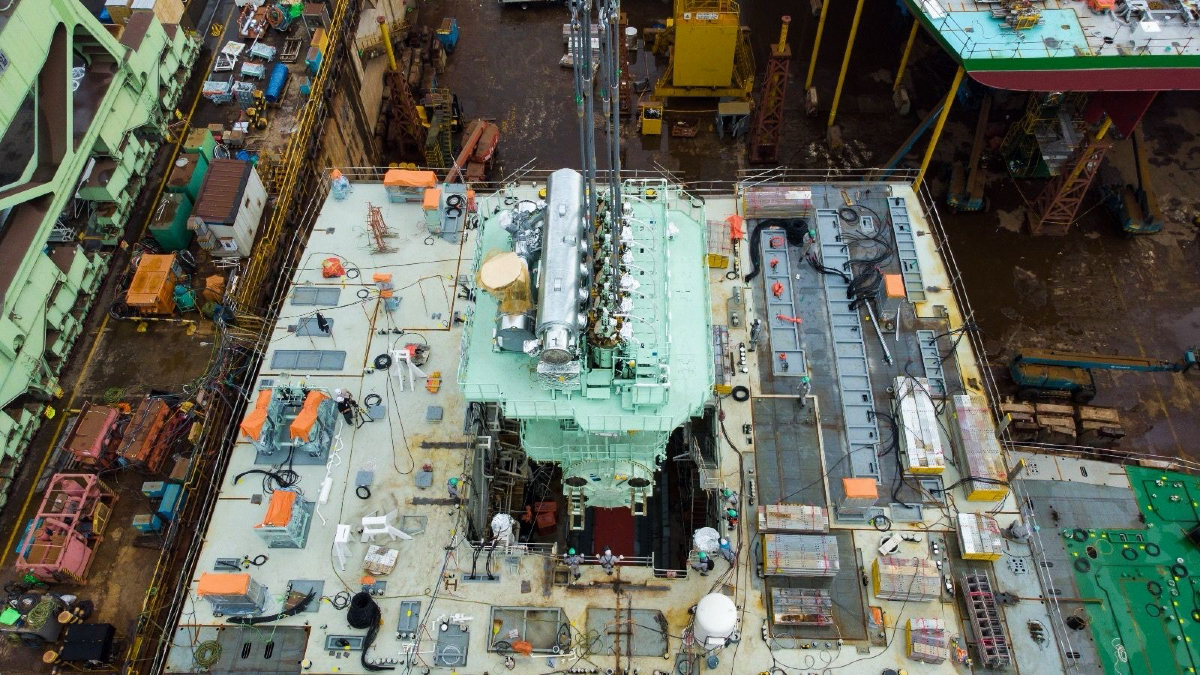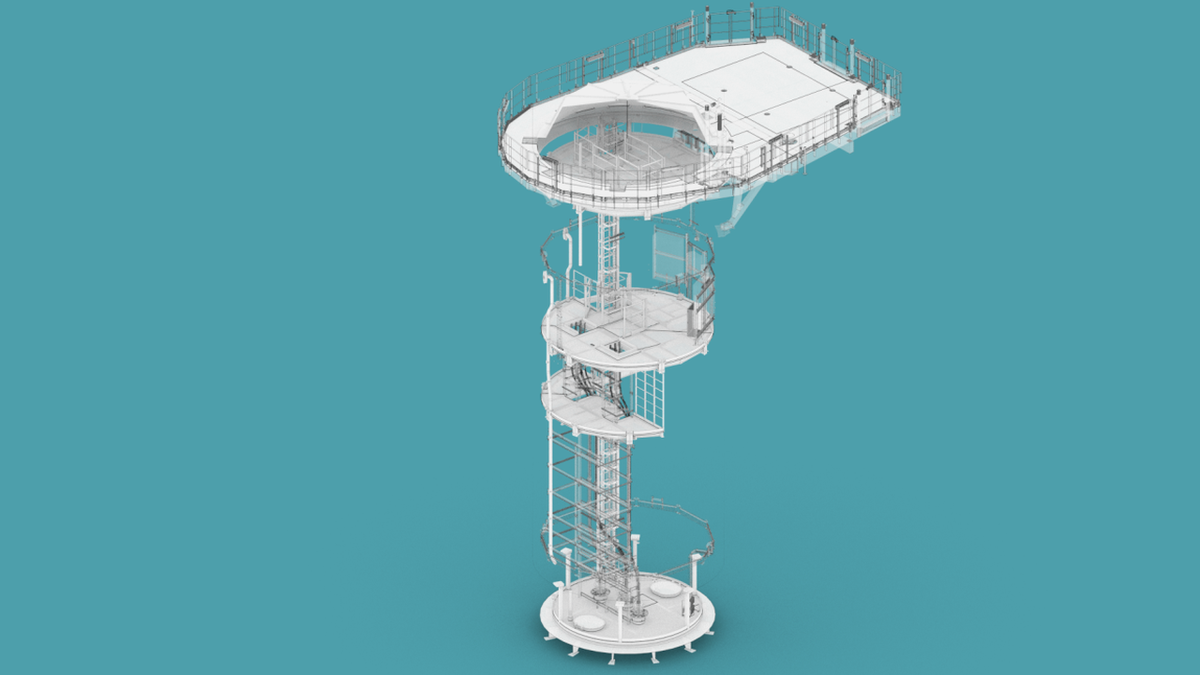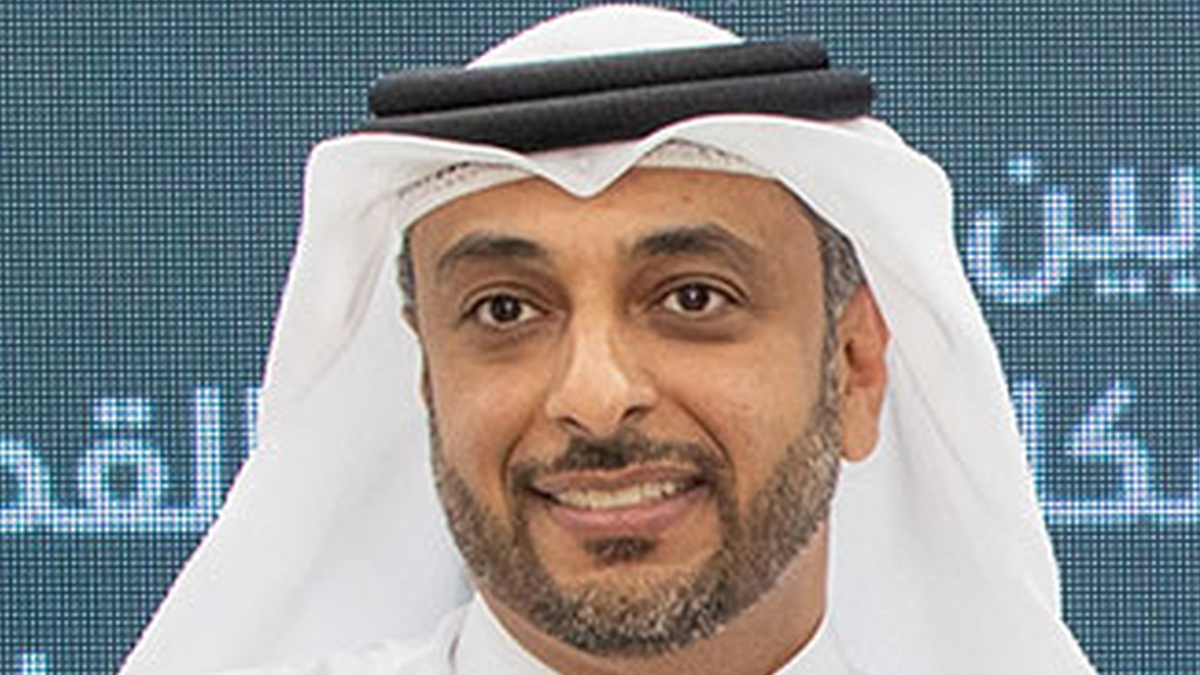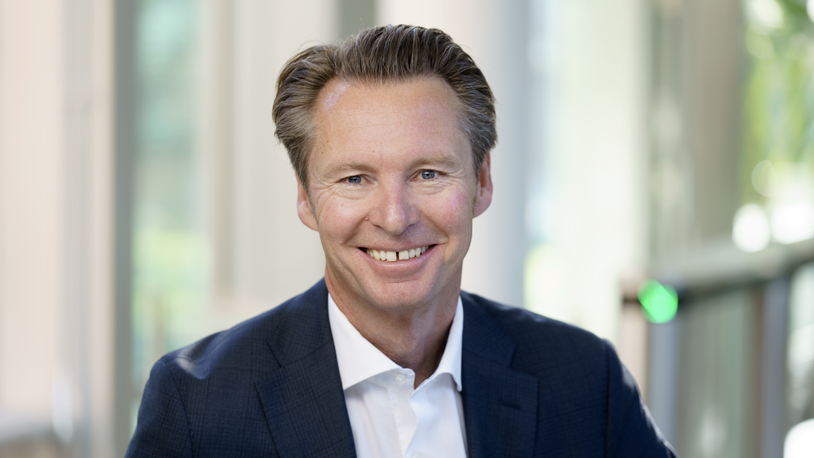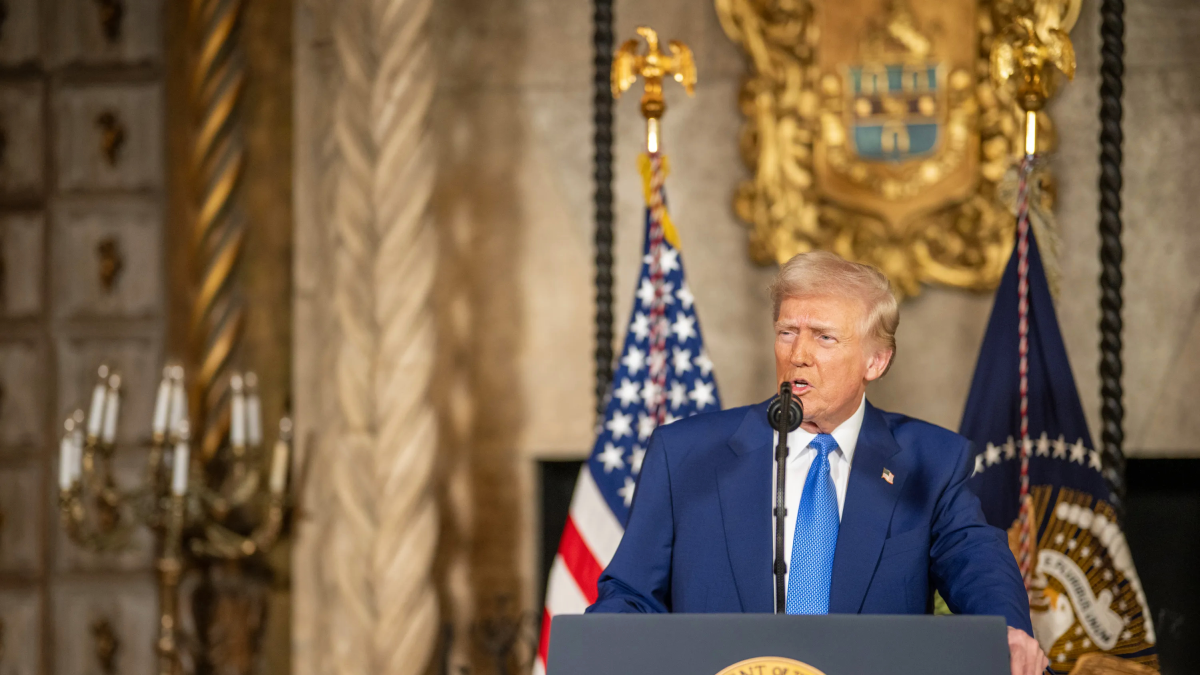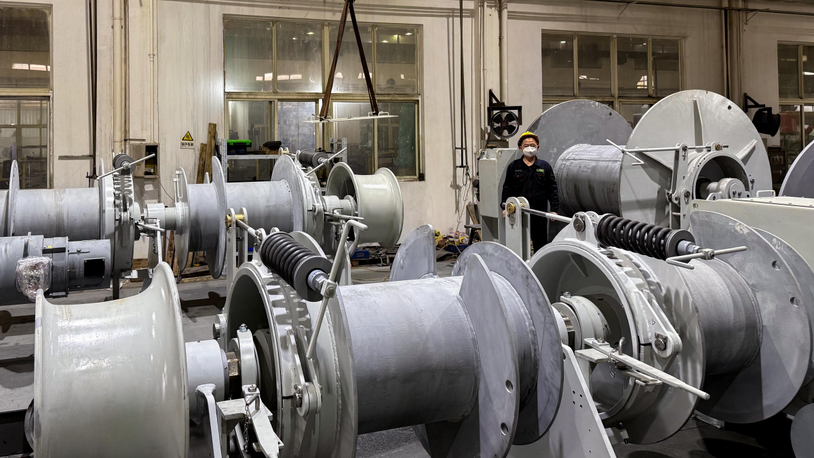Business Sectors
Events
Floating energy: successfully unlocking stranded gas using FLNGs and FSRUs
Contents
Register to read more articles.
Höegh Autoliners: hedging its bets on zero-carbon fuels
Owner, Höegh Autoliners, wants to send a strong demand signal with its series of methanol- and ammonia-ready PCTCs
In discussing Höegh Autoliner’s investment in a series of 12 Aurora-class pure car truck carrier (PCTC) newbuilds, company chief executive, Andreas Enger, disputed the frequent portrayal that his company had “bet on ammonia”.
Rather, he contended the multi-billion-dollar investment was “properly hedged” because of the flexibility of the newbuilds’ dual-fuel technology and design. Höegh Autoliners believes ammonia will not become an “irrelevant fuel” during the lifetime of its vessels, “And that’s two very, very different things,” said Mr Enger. He added: “These vessels will be fantastic assets for us, regardless of whether they ever use ammonia”.
Mr Enger made his comments during a recent DNV podcast which explored why Höegh Autoliners choose ammonia, where it plans to source the zero-carbon fuel and what operational strategies it will employ with its newbuild PCTCs.
One of the world’s largest ocean carriers of autos, heavy machinery and breakbulk cargo, Höegh Autoliners is investing US$2.5Bn to build the dozen 9,100-CEU ships in China, all of which will be certified as methanol- and ammonia-ready by DNV. The first eight in the series will be capable of being retrofit to burn ammonia, with LNG tanks capable of being used to carry ammonia. The last four in the Aurora-class will be capable of burning ammonia right out of the shipyard. The ships’ Everllence B&W ammonia dual-fuel engines will also be capable of using low sulphur fuel oil.
These new PCTCs will initially not burn 100% ammonia. “We subscribe to a multi-fuel future, and there are different solutions for different players,” said Mr Enger. “But for our business, with the opportunity coming with new vessels that are going to last for 30 years, and with customers that are actively engaged in discussions on how to decarbonise and trade patterns that allow us to manage with a pretty light infrastructure, we are ready to go for zero-carbon fuels faster than most,” he said.
“Ammonia will not become an irrelevant fuel”
Mr Enger said ammonia “is the most scalable long term and will have the lowest production cost of any available zero-carbon or near zero-carbon fuel.” Additionally, he said it “has the huge benefit of actually being zero carbon, not carbon neutral.”
Höegh Autoliners wants to send a strong demand signal and plans to gradually increase the amount of ammonia it burns based on customer demands for less carbon-intensive transport, as it has done with the use of biofuel to lower CO2 and greenhouse gas emissions. “Initially it might mean only 15-30% of a voyage,” he said. He emphasises that IMO and FuelEU Maritime regulations are essential to close the price gap with fossil fuels and drive the uptake of zero- and near-zero fuels.
Höegh Autoliners is already working with Yara, one of the largest traders of ammonia, and others, to ensure supply.
“We are not planning on a big bang, but in 2027, we will be able to start offering zero carbon solutions for high value cargo and carbon conscious customers that are demanding that type of service,” he said.
He added: “We should not have any illusion that the market will scale zero carbon fuels if regulations allow it to be free to emit the carbon. And that goes for any technology, whether it’s carbon capture or other things. As long as you can emit it for free, it won’t happen.”
Related to this Story
Events
Maritime Regulations Webinar Week
Floating energy: successfully unlocking stranded gas using FLNGs and FSRUs
© 2024 Riviera Maritime Media Ltd.


